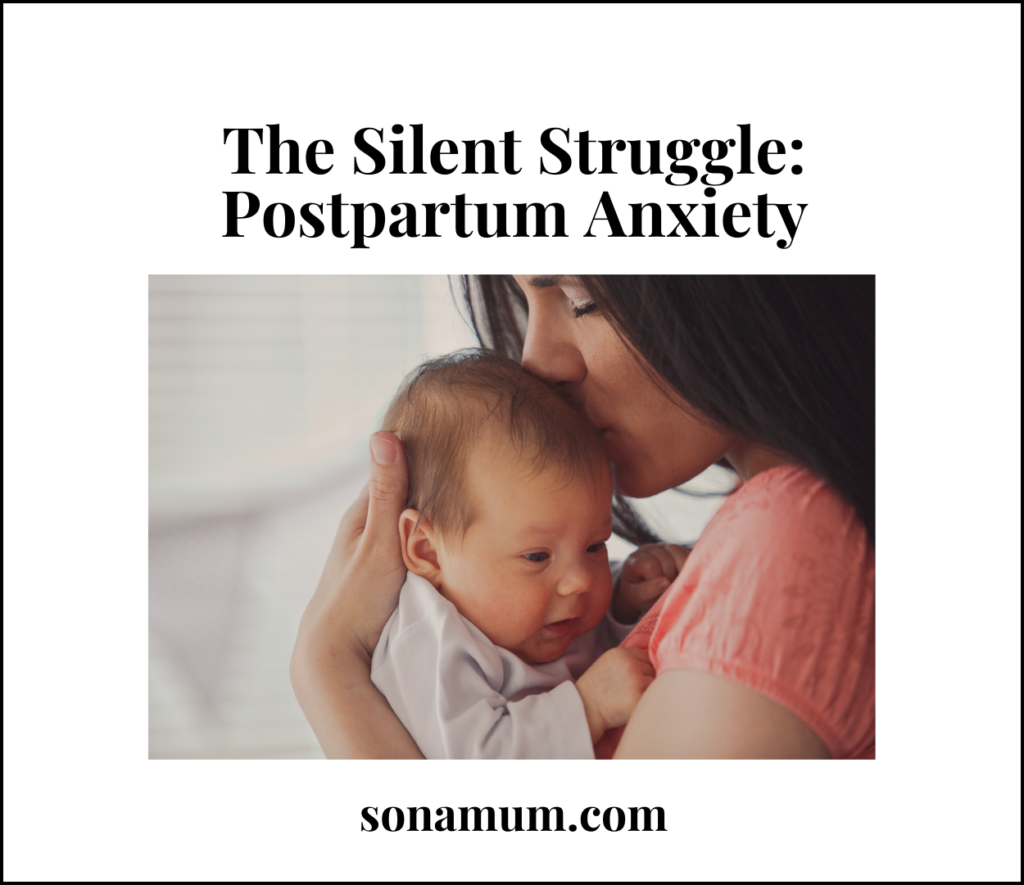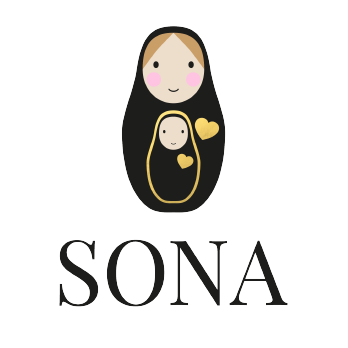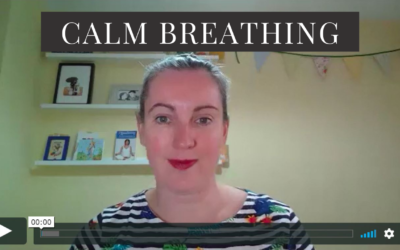
Postpartum depression is a well-known and well-researched condition that affects many new mothers, but postpartum anxiety is less commonly discussed and understood. While postpartum depression is a serious and potentially debilitating condition, postpartum anxiety can also have a significant impact on mental health and wellbeing.
It’s important to understand that postpartum anxiety can take many different forms, and may not always look the way you expect. Some people may experience panic attacks, obsessive-compulsive behaviours, or intense worries about the safety and wellbeing of their baby. Others may feel overwhelmed and unable to cope with the demands of motherhood.
While there is still much to learn about postpartum anxiety, there are many coping strategies that can help in managing symptoms. By practicing self-care, seeking professional help, and incorporating mindfulness techniques into your daily routine, you can being to take back control.
Remember, postpartum anxiety is a common experience for many new parents, if you’re experiencing this you’re definitely not alone. With the right support and strategies, you can overcome this challenge and emerge stronger and more resilient than ever before.
I’m sure you don’t need me to tell you that the arrival of a new baby brings a lot of changes and adjustments. It’s natural to feel anxious about the responsibilities and challenges that come with motherhood. However, if you’re feeling like your anxiety is becoming more than the occasional worry, and is impacting your daily life, do reach out and get support. You can book a free initial consultation with me to discuss how I can support you.
In the meantime, here are some coping tips that may help you manage your postpartum anxiety and feel more in control:
- Practice self-care: Take time for yourself, and I know you’ve hear this before, but it really is vital! Whether it’s a hot bath, a yoga class, or just a few minutes of quiet time to meditate or breathe deeply. It’s important to take care of your own needs so that you can be the best parent possible for your baby.
- Get enough sleep: And yes I don’t blame you for rolling your eyes at this one! It’s no secret that parents or wee ones often struggle with sleep deprivation, but it’s important to prioritise getting enough rest. This is one of the most vital ways to support your mental health. I’m sure you’ve been told to sleep when your baby sleeps, but for most people the call of the ‘should be doing’s is too strong, whether it’s filling the dishwasher, showering or making a meal. Find a way to prioritise some sleep though, maybe some of those ‘should be’s can wait, or hire a post natal doula or ask for help from a partner, family member, or friend so that you can get some uninterrupted sleep.
- Talk to someone: Don’t be afraid to reach out to a friend or family member and talk about how you’re feeling. Sometimes just having someone to listen and offer support can make a big difference.
- Seek professional help: If your anxiety is interfering with your daily life or you’re experiencing symptoms like panic attacks, it’s important to get support. There are many treatment options available, and you don’t have to suffer in silence. Hypnotherapy is a great option because you it works quickly and you don’t need to talk over and over the problem.
- Practice mindfulness: Mindfulness techniques like meditation, yoga, or deep breathing can help you stay present in the moment and reduce feelings of anxiety. And it doesn’t have to take a long time, even 5 or 10 minutes incorporating these practices into your daily routine, will make a difference.
Remember, postpartum anxiety is a common experience for many new parents. With the right support and coping strategies, you can manage your anxiety and enjoy this special time with your new baby.





